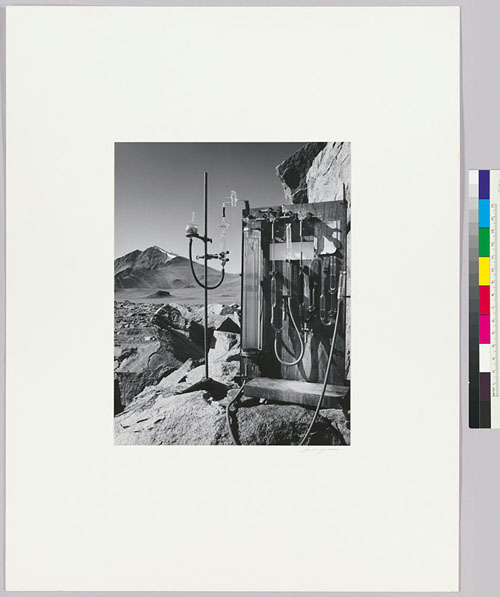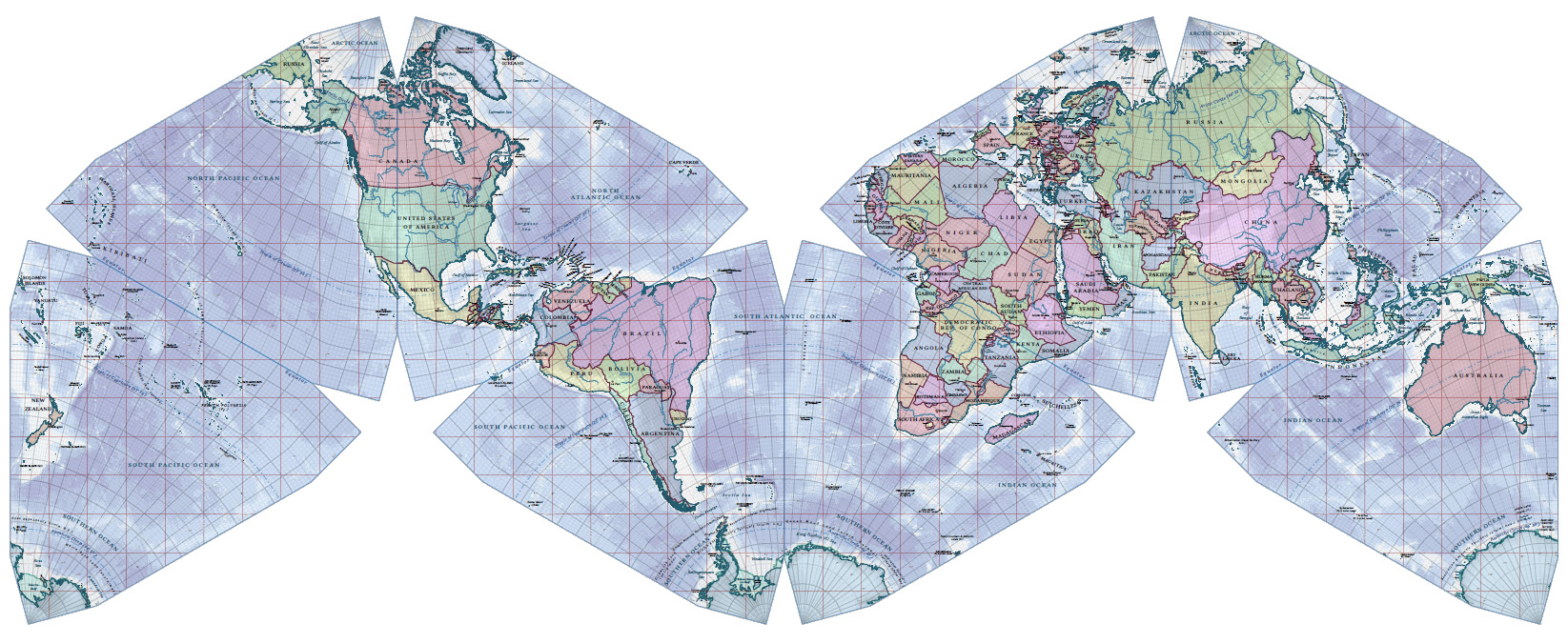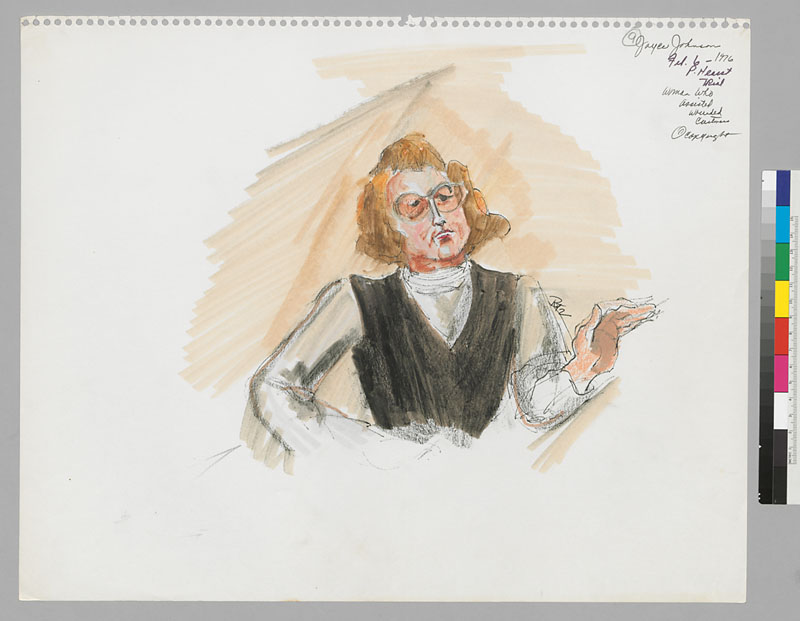Tag: services
Berkeley Services for Digital Scholarship
 Every time you download a spreadsheet, use a piece of someone else’s code, share a video, or take photos for a project, you’re working with data. When you are producing, accessing, or sharing data in order to answer a research question, you’re working with research data, and Berkeley has a service that can help you.
Every time you download a spreadsheet, use a piece of someone else’s code, share a video, or take photos for a project, you’re working with data. When you are producing, accessing, or sharing data in order to answer a research question, you’re working with research data, and Berkeley has a service that can help you.
Research Data Management at Berkeley is a service that supports researchers in every discipline as they find, generate, store, share, and archive their data. The program addresses current and emerging data management issues, compliance with policy requirements imposed by funders and by the University, and reduction of risk associated with the challenges of data stewardship.
In September 2015, the program launched the RDM Consulting Service, staffed by dedicated consultants with expertise in key aspects of managing research data. The RDM Consulting Service coordinates closely with consulting services in Research IT, the Library, and other researcher-facing support organizations on the campus. Contact a consultant at researchdata@berkeley.edu.
The RDM program also developed an online resource guide. The Guide documents existing services, providing context and use cases from a research perspective. In the rapidly changing landscape of federal funding requirements, archiving tools, electronic lab notebooks, and data repositories, the Guide offers information that directly addresses the needs of researchers at Berkeley. The RDM Guide is available at researchdata.berkeley.edu.
Jamie Wittenberg
Research Data Management Service Design Analyst
Contact me at wittenberg[@]berkeley.edu
Paid Graduate Student Volunteers Needed!
The Library wants to learn more about how graduate students use the UCB library website to conduct research. We’re looking for graduate students who are currently or have recently worked on a research paper or project.
As a thank you, online participants will receive a $50 Amazon gift card. The student we interview will receive a $100 gift card.
Online participants —
Grab your computer and get online. Complete several research tasks on the website and think aloud as you complete them.
Answer some questions about your research habits and strategies.
One in-person interview —
Come to Doe Library and show us how you work on a research paper or project for a few hours. We will observe and ask questions to understand your process better.
Interested?
Apply to participate in the study. We’ll email you if you’re a good fit!
This study is open to UC Berkeley undergraduate and graduate students only.
Digital Humanities and the Library
 Are you a humanist working with digital materials to do your research? Are you carrying out your research or presenting your results using digital methods and tools? Are you teaching using digital tools and content? If you answered yes to any of these questions, then your work might be considered digital humanities.
Are you a humanist working with digital materials to do your research? Are you carrying out your research or presenting your results using digital methods and tools? Are you teaching using digital tools and content? If you answered yes to any of these questions, then your work might be considered digital humanities.
Digital humanities has been described as “dynamic dialogue between emerging technology and humanistic inquiry” (Varner, 2016). It is a term that is used to describe a domain within the humanities where researchers are doing most of their work using digital tools, content, and/or methods. Whether this work is partially or exclusively digital, this designation is a way to set these emerging practices apart from more traditional or “analog” ones, though there is no clear distinction.
The scope of digital humanities has been a hot topic in recent years, especially in relation to the library’s role in this new domain. What services does the library provide to digital humanists? What can the library do to support digital humanities on campus?
The Library has always provided services to researchers and will continue to provide those same services, as well as to expand their offerings to encompass new forms of research, publication, and teaching. It is not a question of libraries supporting one or the other. Digital humanities is still evolving, and the Library is evolving right along with it, continuing to offer collections, research support, and instruction in both traditional ways and new ones as this “dynamic dialogue” expands.
The Library collects and creates digital resources at the same time that it continues to build its analog collections. Myriad databases, data sets, and other digital resources are available through the Library catalog and website. In addition, our digitized special collections are available through Calisphere, which provides access to digital images, texts, and recordings from California’s great libraries, archives, and museums.
While the library is busy collecting and organizing digital resources, reference librarians are ready and willing to provide you with research help. The expertise that librarians have in connecting researchers to materials, designing research, and providing instruction on how to evaluate and use new content and tools continues to grow and expand in this new environment.
In addition, the library provides instruction to help those new to the digital humanities to learn about tools and skills needed to do this work. Many librarians have partnered with the D-lab in Barrows Hall on campus to provide instruction on citation management, metadata, and research data management. The D-lab also offers training in various programming languages and data tools, as well as consulting on research design, data analysis, data management, and related techniques and technologies. Library trainings and events are generally posted to the library events calendar.
The Library also works closely with the Digital Humanities @ Berkeley group (a partnership between Research IT and the Office of the Dean of Arts and Humanities) which support digital humanities events, trainings, course support, and graduate student and faculty projects. Their calendar lists talks, workshops, and other events designed to help move the DH community on campus forward.
Keeping the “dynamic dialogue” of digital humanities moving forward is a campus goal, and the relationship between digital humanities and the Library is an evolving one. We are hiring new librarians with digital humanities skills to further develop this relationship and expect to see more growth in the scope of the library’s involvement in digital humanities as the community on campus continues to expand.
Mary W. Elings
Head of Digital Collection, The Bancroft Library
Contact me at melings [at] berkeley.edu
Maps, Mapping and Your Research
You probably love maps (who doesn’t?!). They can be beautiful, visually compelling, interesting representations of the world. You might have one hanging on your wall, laugh over one showing how Oakland was the new Brooklyn even back in 1888, or exclaim over one (my new favorite) showing bear concentrations in Norway.
These same qualities that make us love maps are also why they can be excellent research tools. Even if you are not a geographer or urban planner you can use maps to provide context for a place you are describing, explore spatial relationships, or visualize your data in a way that highlights new patterns. For example, a music student used and made maps to trace the locations of 19th century Parisian opera goers!
In addition to the approximately half-a-million physical maps and air photos in the UC Berkeley Library’s collections, the library subscribes to several online databases that let you explore demographic data and create maps that you can share online or print. SimplyMap, Social Explorer, and Policy Map all cover the United States. If you are interested in China, the China Geo-Explorer II database has mappable census data.
There are also many freely available resources available online. My standby is Old Maps Online, which pulls together scanned maps from institutions around the world into a single search screen. Just zoom in to your area of the world, adjust the time slider, and explore!
What if you want to make a map with your own data? There are many good options for that, too, including ArcGIS Online (a library subscribed resource), CartoDB, MapBox, and Google, among others.
Contact Susan Powell, GIS & Map Librarian, at smpowell[at]berkeley.edu if you’d like to find out more about how you can use maps — both print and digital — in your research. Or stop by the Earth Sciences & Map Library to explore the collection and find out more!
Interlibrary Services – a vital resource for Cal scholars
“ILL is probably my favorite academic service on campus! ILL staff always seem to be warm and friendly and to care about their jobs. I also wouldn’t have been able to write my dissertation without the probably hundreds of books I’ve gotten throughout the years. Thank you!”
–Berkeley grad student
Whether you are writing a paper, dissertation or doing post-doctoral research, the UCB Interlibrary Services department can be your best friend.
Even a world class library like Berkeley’s can’t own everything; and that is where Interlibrary Loan (ILL) comes in. Books, articles, conference papers, dissertations; if your research requires something that isn’t available at Berkeley, we will try to obtain it from another institution.
We borrow from the other UC campuses, from hundreds of libraries nationally, and increasingly from partners around the world. We can’t guarantee that we will get everything you need, but we can guarantee that we’ll try. Recent successes include scans of two very rare items: Reveries Orientales: Poems et Illustrations by Jamil Hamoudi and Maha Vira Charita by Bhava Bhuti (published in Calcutta in 1857).
So, check out our website for information on the services we provide, or stop by our office at 133 Doe Library. Our staff will gladly take the time to walk you through the ILL process, show you how to manage your ILL account, and do all we can to help you succeed.
Our hours are Monday through Friday, 10:00 am to 4:00pm, and our telephone number is 510-642-7365. You can find us online at http://www.lib.berkeley.edu/using-the-libraries/interlibrary-loan.
Patrick Shannon [Head, Interlibrary Services] pshannon [at] library.berkeley.edu
The Berkeley Digital Humanities Faire
The Berkeley Digital Humanities Working Group invites poster session proposals for the 2015 Digital Humanities Faire.
The DH Faire will showcase digital humanities research from around campus, across a variety of disciplines. Along with speakers and panels, the DH Faire will also be a unique opportunity to interface with and receive feedback from other scholars, staff and departments. We also welcome proposals from our peers at other institutions around the Bay Area. Space is limited, so proposals will be subject to review.
The DH Faire will be held in conjunction with the Day of DH, a worldwide blogging initiative for digital humanists to share ‘a day in the life of DH’.
**Please indicate in this form your interest to present a poster by March 23rd **
Complete proposals must be submitted by 12PM, March 30th
Faculty & Grads: Change in Research Library Cooperative Program (RLCP)
Receive Library Notices as Text Messages!
Prefer to receive library notices as text messages instead of emails? Login to My OskiCat with your Calnet ID and passphrase and click on “Update Your Account” to opt-in under ‘Mobile settings.”
To opt out, reply to any received text message with Stop, Quit, Cancel, Unsubscribe, or Stop All. Or, text Stop to either 35143 or 82453 to stop all messages. An alternative method is signing into My OskiCat and set preference to stop all text notifications by removing the check from the “Opt In” box and deleting the mobile phone number.
Opt in if you want your library notifications via text messages
Starting this month we will introduce a service for library users to opt in to receive library notices for holds and overdues as text messages. Text message notices are sent real time from 9 am to 11pm.
To opt in, go to http://oskicat.berkeley.edu
Complete the form (enter mobile phone number: area code and number), check box to accept terms and conditions, click on the “Submit” button to finalize update. A text message will be sent to the mobile number requesting a YES text reply to subscribe to SMS Library Alerts. A congratulatory text message will be sent confirming the subscription.
Interlibrary loan expands to international institutions
The UC Berkeley Interlibrary Services Department is now partnering with peer international institutions such as University of Edinburgh and Munich’s Bayerische Staatsbibliothek to share library resources. This pilot program, available to support the research needs of faculty and graduate students, expands the service beyond the photocopies that were available previously. Patrons can submit their requests using the Request button in Melvyl. The pilot program, which is free, will last through the summer of 2015.
Questions? Phone the Interlibrary Service Department at (510) 642-7365.







